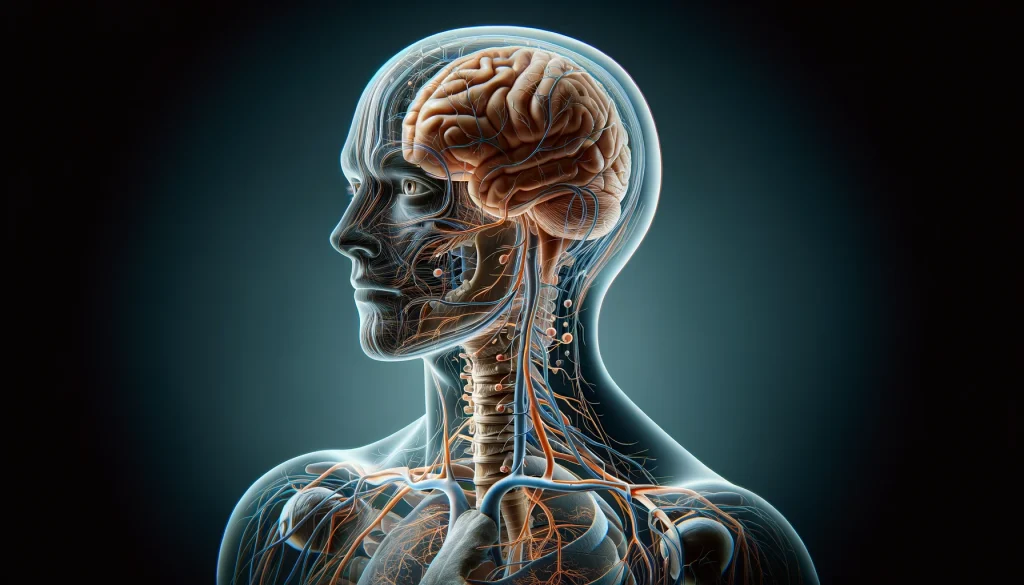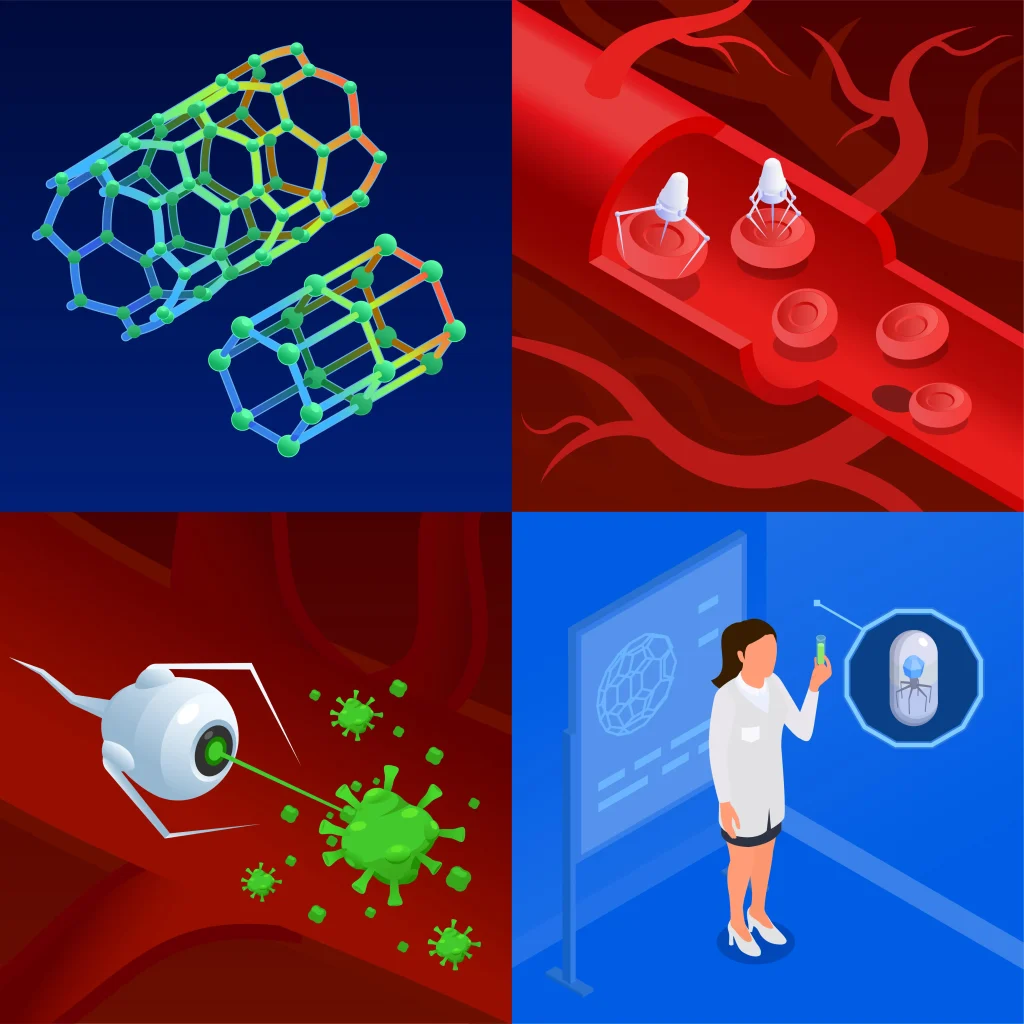Lipid & Amino Acid Metabolism Notes
Buy Premium
Get The High-Quality Pdf Notes on App
Lipid metabolism
- Lipid Metabolism
- β-Oxidation of saturated fatty acid (Palmitic acid)
- Formation and utilization of ketone bodies
- Ketoacidosis
- De novo synthesis of fatty acids (Palmitic acid)
- Biological significance of cholesterol
- Conversion of cholesterol into bile acids, steroid hormone & vitamin D
- Disorders of lipid metabolism
Amino Acid Metabolism
- Introduction
- Transamination in Amino Acid Metabolism
- Deamination
- Decarboxylation
- Urea Cycle
- Urea Cycle Disorders
- Catabolism of phenylalanine
- Catabolism of tyrosine
Synthesis and Significance of Key Neurotransmitters and
Hormones
- Serotonin (5-HT)
- Melatonin
- Dopamine
- Noradrenaline (Norepinephrine)
- Adrenaline (Epinephrine)
- Catabolism of heme
- Hyperbilirubinemia and Jaundice
Other Units of Biochemistry
Biochemistry
Other Subjects of B Pharmacy 2nd Semester
Topic wise notes of:
Human Anatomy & Physiology II
- Nervous system U-1
- Digestive system & Energetics U-2
- Respiratory & Urinary system U-3
- Endocrine System U-4
- Reproductive System U-5
Topic wise notes of:
Pathophysiology
- Cell injury, Inflammation U-1
- Cardiovascular, Renal System U-2
- Haematological Diseases U-3
- Cancer & Bones Diseases U-4
- Sexually Transmitted Diseases U-5
Lipid and Amino Acid Metabolism – Summary
Unit III explores the essential biochemical pathways of lipid and amino acid metabolism, crucial for energy production, hormone synthesis, and detoxification. It begins with β-oxidation of saturated fatty acids, particularly palmitic acid, detailing how fats are broken down for energy. It then discusses the formation and utilization of ketone bodies and the condition of ketoacidosis, often seen in uncontrolled diabetes. The de novo synthesis of fatty acids, also using palmitic acid as a model, is explained, along with the biological significance of cholesterol, including its conversion into bile acids, steroid hormones, and vitamin D.
The unit also addresses common lipid metabolism disorders such as hypercholesterolemia, atherosclerosis, fatty liver, and obesity, highlighting their health implications.
In the amino acid metabolism section, key reactions such as transamination, deamination, and decarboxylation are covered. The urea cycle and its related disorders are also explained, emphasizing the body’s mechanism for eliminating excess nitrogen. The catabolism of phenylalanine and tyrosine is detailed, including metabolic disorders like phenylketonuria, albinism, alkaptonuria, and tyrosinemia.
Finally, the unit highlights the synthesis and role of biologically important compounds such as serotonin (5-HT), melatonin, dopamine, noradrenaline, and adrenaline, as well as heme catabolism, hyperbilirubinemia, and jaundice, connecting amino acid metabolism to clinical outcomes
At FirstHope, we provide BPharm notes semester that are topic-wise, easy to understand, and designed strictly as per the AKTU and Other Universities, hence designed according to PCI syllabus.
Thank you for reading from Firsthope's notes, don't forget to check YouTube videos!



